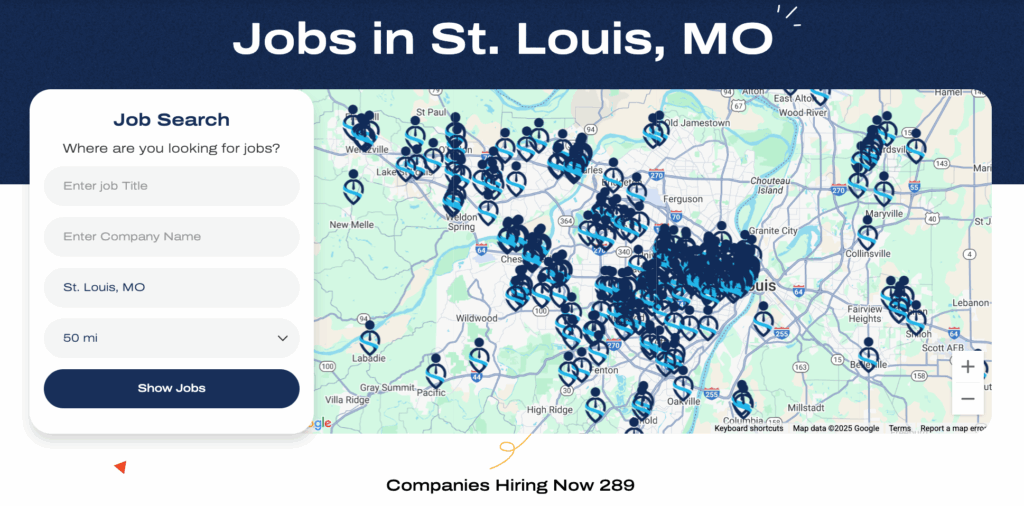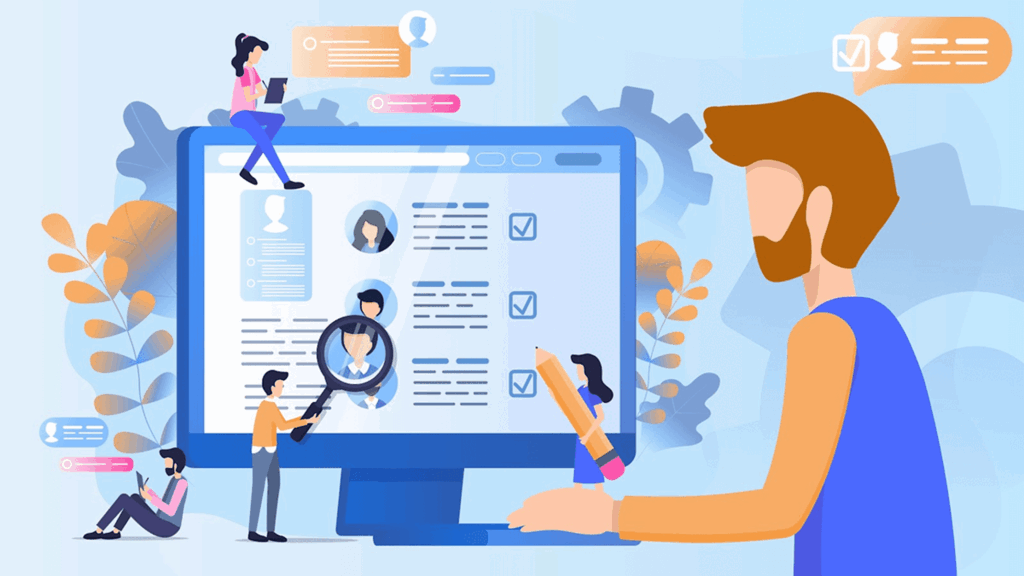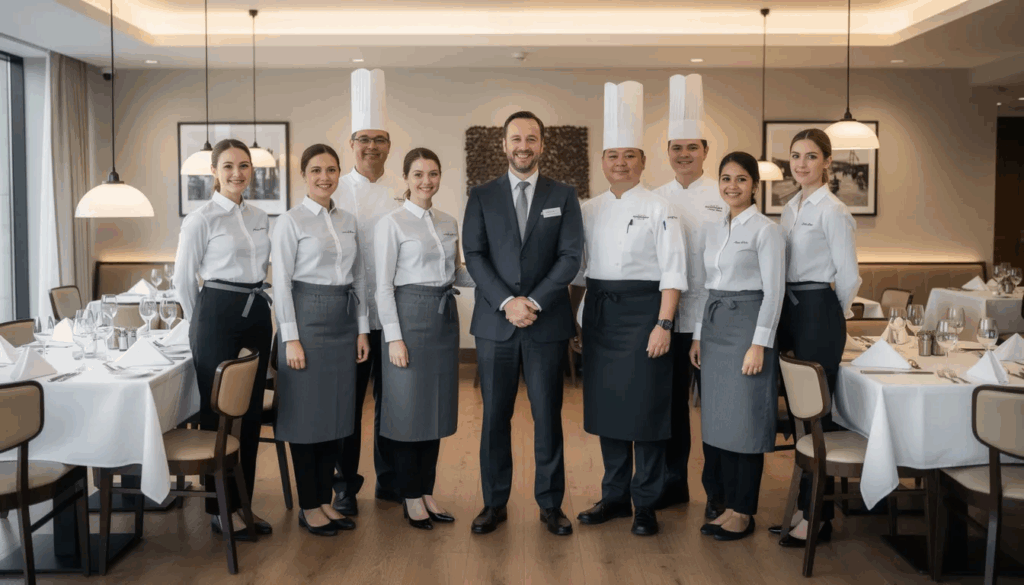Landing a job in hospitality isn’t just about what’s on your resume — it’s about how you connect with people. From restaurant servers to hotel front desk staff, your personality, communication, and professionalism can make all the difference in whether you get the job.
But to truly stand out, you need to prepare for hospitality interview questions the right way. That means knowing what to expect, how to respond, and how to carry yourself throughout the interview.
In this guide, we’ll cover everything you need to know — including real examples, expert tips, and how tools like StaffedUp can help you land your next hospitality job faster.
Why Interview Preparation Matters in Hospitality
Hospitality jobs rely heavily on customer service, teamwork, and attitude. Employers want to hire people who can stay calm under pressure, communicate clearly, and create a welcoming experience for guests.
A single interview often reveals more about your fit than your entire resume. Preparing helps you:
- Communicate your experience clearly
- Show confidence and warmth
- Handle tough or unexpected questions
- Make a strong first impression
- Demonstrate professionalism
Preparation also reduces nerves. When you know what to expect, you can focus on being yourself — and that’s what interviewers want most.

Common Types of Hospitality Interview Questions
While every restaurant or hotel has its own process, most hospitality interviews follow similar themes. Below are the most common types of questions and what interviewers are really looking for when they ask them.
1. Experience-Based Questions
These questions help employers understand your background and how it relates to the role:
- “Can you tell me about your previous experience in hospitality?”
- “What positions have you held in the service industry?”
- “What made you interested in this line of work?”
Tip: Focus on the parts of your experience that relate to customer service, teamwork, and adaptability. You don’t need decades of experience — just clear examples that show you can handle the job.
2. Behavioral and Situational Questions
These are used to measure how you handle real-world situations. Expect things like:
- “Tell me about a time you dealt with a difficult customer.”
- “What would you do if a coworker wasn’t pulling their weight?”
- “How do you handle stress during busy shifts?”
Interviewers want to see problem-solving skills, patience, and emotional control. Use the STAR method (Situation, Task, Action, Result) to structure your answers.
Example:
“At my last restaurant, a guest was upset about a long wait. I apologized, offered updates, and brought them a comp’d appetizer. They appreciated the gesture and left a positive review.”
That one example shows empathy, communication, and initiative — three things hospitality employers love.
3. Personality and Culture Fit Questions
Hospitality is a people-driven industry. Managers want to see that you’ll fit their culture and represent the brand well. Expect questions like:
- “What kind of work environment do you enjoy?”
- “How do you handle feedback from managers?”
- “What motivates you to do your best work?”
Your answers should show positivity, teamwork, and reliability. Avoid negative talk about past jobs or bosses — it’s a red flag for hiring managers.
4. Customer Service Questions
Because hospitality revolves around guests, employers will test how you handle service situations. Examples include:
- “What does good customer service mean to you?”
- “How do you make sure every guest feels valued?”
- “Tell me about a time you went above and beyond for a customer.”
Strong answers should emphasize listening, empathy, and problem-solving.
“Good customer service means anticipating needs before guests even ask. I always try to read body language, ask polite follow-ups, and make sure guests leave with a smile.”
5. Role-Specific Questions
Depending on the position, you may get questions tied to your role.
For servers:
- “How do you handle multiple tables during peak hours?”
- “What steps do you take to prevent order mistakes?”
For bartenders:
- “How do you check IDs efficiently while keeping guests happy?”
- “What would you do if a guest was visibly intoxicated?”
For hosts or front desk staff:
- “How do you handle reservations when the restaurant is fully booked?”
- “What do you do if guests have been waiting too long?”
Being specific shows you understand the challenges of the role — and have real strategies to manage them.
How to Prepare for a Hospitality Job Interview
Preparation is about more than memorizing answers. It’s about presenting your best self and showing that you understand what the employer values most.
Here’s how to prepare like a pro:
Research the Business
Before your interview, learn about the company:
- Type of restaurant or hotel
- Style of service (casual, fine dining, fast casual, etc.)
- Menu or offerings
- Values and culture
Use this knowledge in your answers. For example:
“I noticed your restaurant focuses on locally sourced ingredients. I love that because I’ve worked in places where customers really value the authenticity.”
That one line shows genuine interest — and interviewers notice.
Practice Common Questions
Rehearse your answers to the common questions above, but don’t sound robotic. The goal is to sound natural and confident, not scripted.
Try practicing with a friend or record yourself answering questions. There are some great AI interview tools that can help applicants prepare for live interviews. Focus on keeping answers short and clear — 1–2 minutes max per question.
Bring the Right Energy
Hospitality interviews often test your attitude more than your resume. Smile, make eye contact, and show genuine enthusiasm for the role.
Even a small gesture, like saying “thank you for the opportunity,” goes a long way.
Ask the Right Questions Back
Always have at least two questions ready to ask the interviewer. It shows interest and professionalism.
Good examples include:
- “What does success look like in this role?”
- “Can you tell me more about the team culture?”
- “What are the growth opportunities here?”
Avoid questions about pay or time off during your first interview — those can wait until a job offer is on the table.
Dress for the Role
Your outfit doesn’t need to be fancy, but it should be clean, neat, and appropriate for the role.
- For fine dining or hotel jobs: opt for dress pants and a collared shirt or blouse.
- For casual restaurants: dark jeans or khakis with a nice top work fine.
When in doubt, dress one level above what employees wear on the job. Keep in mind if the interview is a trial shift – this may alter the way you dress.
Follow Up After the Interview
Always send a short thank-you message or email within 24 hours. Mention something specific you enjoyed about the conversation and reaffirm your interest in the job.
Example:
“Thank you for taking the time to meet with me today. I really enjoyed learning about your focus on guest satisfaction and would love the chance to contribute to your team.”
This simple step can help you stand out from other applicants.
Common Mistakes to Avoid
Even strong candidates can lose opportunities by making simple errors. Here are common mistakes to avoid:
- Talking too much or going off-topic
- Speaking negatively about past jobs
- Showing up late
- Forgetting to bring a copy of your resume
- Failing to research the company
- Not asking any questions at the end
Small details matter in hospitality — they reflect how you’ll perform on the job.

How StaffedUp Helps You Get Hired Faster
If you’re searching for hospitality jobs, your time is valuable. Instead of scrolling through endless job boards, StaffedUp connects you directly with restaurants and hotels looking for people like you.
With StaffedUp, you can:
- Create a free profile in minutes
- Apply to hospitality jobs near you
- Get matched with restaurants hiring right now
- Track your applications easily
Ready to start your hospitality career? Sign up on StaffedUp today and connect with top employers hiring near you.
Case Study: How StaffedUp Helped a Restaurant Group Hire Smarter
Background:
A multi-unit restaurant group with six locations across the Midwest was struggling with interview no-shows and slow hiring. Managers were spending 20+ hours a week just sorting applications.
The Challenge:
Applicants were slipping through the cracks because the team relied on outdated email and spreadsheet tracking. Communication delays led to missed interviews and frustrated candidates.
The Solution:
They implemented StaffedUp’s Applicant Tracking System (ATS) to manage the full hiring process — from job postings to interviews and onboarding.
Results:
- Interview scheduling time dropped by 60%
- Application-to-hire ratio improved by 40%
- Turnover fell by 20% within six months
“StaffedUp made our interview process seamless. We went from chaos to clarity. Managers can finally focus on their guests, not their inboxes.”
— HR Director, Midwest Restaurant Group
If you’re an employer, schedule a demo with StaffedUp to see how it can transform your hiring process.

Final Thoughts
Preparing for hospitality interview questions isn’t just about memorizing answers — it’s about showing confidence, empathy, and professionalism. Every detail, from your smile to your follow-up email, helps employers picture you as part of their team.
For job seekers, practice and preparation go a long way. For employers, modern tools like StaffedUp make it easier than ever to find and hire the right people.
Whether you’re applying for your first restaurant job or building a hospitality team, one thing’s certain — preparation and the right tools make all the difference.




